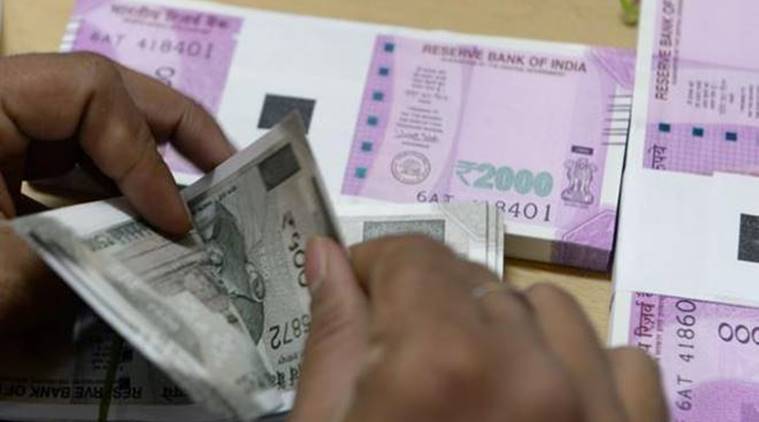Universal Basic Income can be funded by reducing subsidies to the rich
I think packaging a significant UBIS with a simultaneous increase in the taxes on the rich will help macro-economic stability, apart from assuaging the poor who will face some of the price rise in commodities or services, when subsidies are withdrawn.

After my last op-ed in this paper (‘The safety net of the future) several readers, intrigued by the idea of a Universal Basic Income Supplement (UBIS) proposed in the article, asked me to elaborate. Hence this article.
There are reports that the ruling party in Sikkim has announced UBIS in its election manifesto, and, more intriguingly, the Centre is considering such a measure “for people below the Poverty Line”. The latter is a contradiction in terms: UBIS is an unconditional grant to all citizens, not just to the poor — that’s what “universal” means. As I wrote in my earlier piece, many people, who are much above the official poverty line, suffer from variety of insecurities — farmers, of course, face weather and market risks but non-farmers also face several kinds of risks, including in their jobs, often in the informal sector, where some of them are refugees from agrarian and ecological distress or are victims of the recent disaster of demonetisation.
UBIS avoids the problem of deciphering who is poor and who is not, which is an intricate problem in India — the India Human Development Survey found that in 2011-12 about half of the officially poor did not have the BPL card, while about one-third of the non-poor had it. In any case I look upon UBIS not as an administratively easier anti-poverty programme; to me it is more a part of a citizen’s right to minimum economic security, a right which many countries recognise, but so far India does not, even though it should easily fall under the Supreme Court’s interpretation of the “right to life” in the Constitution.
I am often asked: Do you want the government to give money to the Ambanis as well? My answer is yes, as citizens they are entitled to it, just as they have the right to get police protection, even though they can afford their own protection. (If in practice some rich people do not claim it or if there are transparent ways of excluding them — for example those above a certain threshold in income tax return or owning cars, etc. — I will not object strenuously, even though the conceptual point of a citizen’s right remains).
Since UBIS is to be given to the rich and the middle classes as well, it can be expensive. In my earlier piece, I suggested funding it from reducing some of the subsidies that are at present enjoyed mainly by the better-off, also taking a bit from the various tax concessions mostly to business (called “revenues foregone” in the Central Budget), and taxing the currently exempt wealth, inheritance, and long-term capital gains, and collecting more taxes from the currently under-assessed and under-taxed property values. Only a quarter of the 10 per cent of GDP thus potentially mobilisable could go to UBIS; the rest can be spent on infrastructure, health and education. This allows roughly a grant of about Rs 16,000 to each household. If, to start with, it is given only to women, it’ll halve the cost (in my earlier piece there are typos in the cost estimates given for UBIS for only women; the correct amount should be about Rs 2.1 trillion, at 1.25 per cent of the GDP). The special treatment to women is recognition of the hard work most of them do for their households, and outside. It is also a means to raise their (currently low) autonomy and status within the Indian family.
Of course, the better-off (businessmen, large farmers, the salaried class) will not easily give up on the subsidies they have enjoyed all these years or pay substantially more taxes. But without that, if UBIS merely adds significantly to the fiscal deficit or is funded by scaling down some of the current major anti-poverty programmes, then I’ll be generally against it. It will only show that the policy-makers are politically afraid to touch the rich. (This does not mean that the current anti-poverty programmes do not need to shed their waste and inefficiencies).







































No hay comentarios:
Publicar un comentario